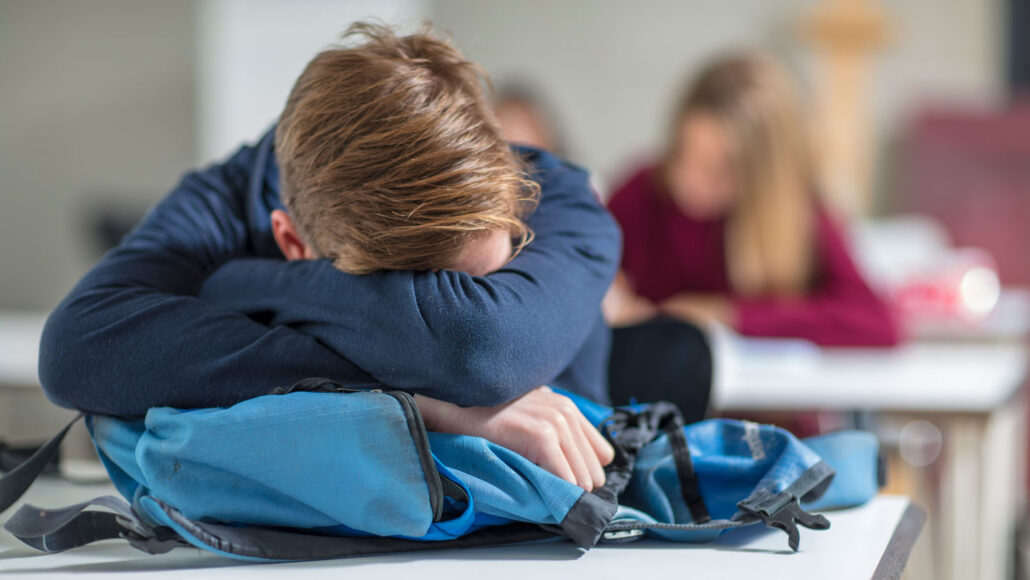Questions for ‘Starting schools later leads to less tardiness, fewer ‘zombies’’

Falling asleep during class is common for students who don’t get enough sleep.
Westend61/Getty Images

Falling asleep during class is common for students who don’t get enough sleep.
Westend61/Getty Images
Register to access:
An error occurred. Please try again.
Already Registered? Enter your e-mail address above.